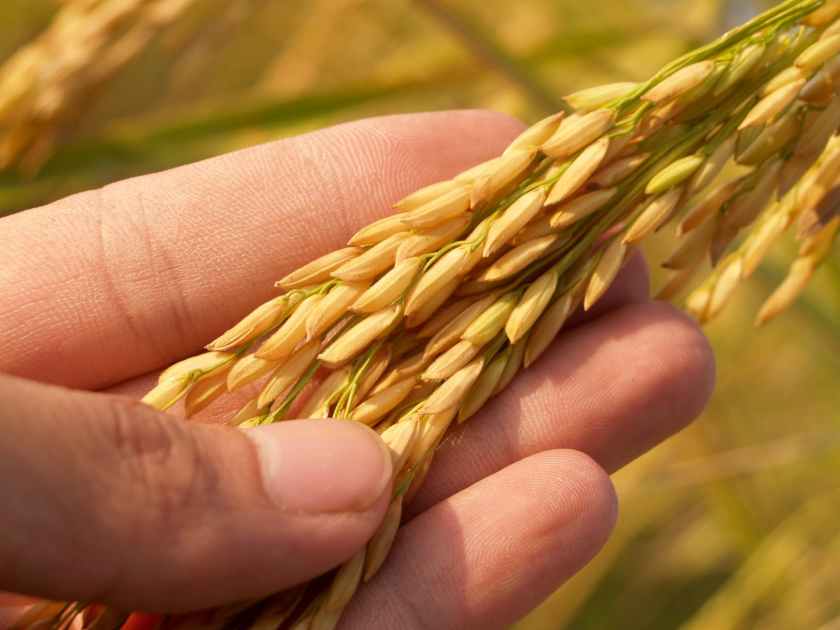VanEck has launched a new ETF in Europe providing exposure to companies globally that are contributing to a more sustainable food supply chain.
Martijn Rozemuller, CEO at VanEck Europe.
The VanEck Sustainable Future of Food UCITS ETF has been listed on London Stock Exchange in US dollars (VEGI LN) and pound sterling (VEGB LN) as well as on Deutsche Börse Xetra in euros (VE6I GY).
VanEck notes that the global population is expected to increase by 25% to reach 10 billion people by 2050, while a greater proportion of the population will simultaneously enter the middle class, accelerating the consumption of resource-intensive animal-based foods.
These trends, combined with weather-related disruptions caused by climate change, are urgently driving the need for more sustainable agricultural processes and technologies in order to provide a more affordable, nutritious, and robust food future for all.
According to VanEck, the ETF provides an efficient vehicle for accessing the companies that stand to benefit from these long-term structural trends while also fitting seamlessly into a socially responsible portfolio by meeting UN Sustainable Development Goals on Good Health And Well-Being, Responsible Consumption and Production, and Sustainable Cities and Commodities.
Martijn Rozemuller, CEO at VanEck Europe, said: “The production of food, especially meat, harms both the environment and health. This is due to fertilizers, weed killers, and other artificial additives in livestock feed, hormones used in raising animals for slaughter, deforestation to make room for farms, air pollution from long transport routes, and methane emissions from large farms.
“Without profound changes in agriculture and food production, the world will not be able to stop climate change. With all this in mind, consumers around the world are now demanding alternatives. The demand for cleaner, healthier and sustainable food is increasing.”
Methodology
The fund is linked to the MVIS Global Future of Food ESG Index which selects its constituents from a universe of developed market stocks with market capitalizations above $150 million and average daily trading volumes greater than $1m.
The methodology screens for companies that derive at least 50% of their revenue from the following food industry sub-themes: Plant-Based Meat & Dairy Alternatives; Vertical Farming; Precision Agriculture; Food Flavors & Functional Ingredients; and Vegan Organic & Health Foods.
The index also includes Non-Meat Agricultural companies that are proven to have positive environmental impacts in relation to climate change, sustainable farming and forestry, food waste reduction, and food safety.
The index includes the largest companies that account for 90% of the total market capitalization of the eligible universe subject to a minimum of 35 stocks. Constituents are weighted by float-adjusted market capitalization while capping most companies at 8% except for firms in the Food Flavors & Functional Ingredients and Non-Meat Agricultural categories which are capped at 4.5%.
The ETF comes with an expense ratio of 0.45% and is classified as an Article 9 product under the European Union’s Sustainable Finance Disclosure Regulation (SFDR). Income is accumulated within the portfolio.
Other Europe-listed ETFs to target sustainable food industry investment themes include the €100m Ossiam Food for Biodiversity UCITS ETF (F4DE GY), which comes with an expense ratio of 0.75%, and the $250m Rize Sustainable Future of Food UCITS ETF (FFOD LN), which costs 0.45%.
